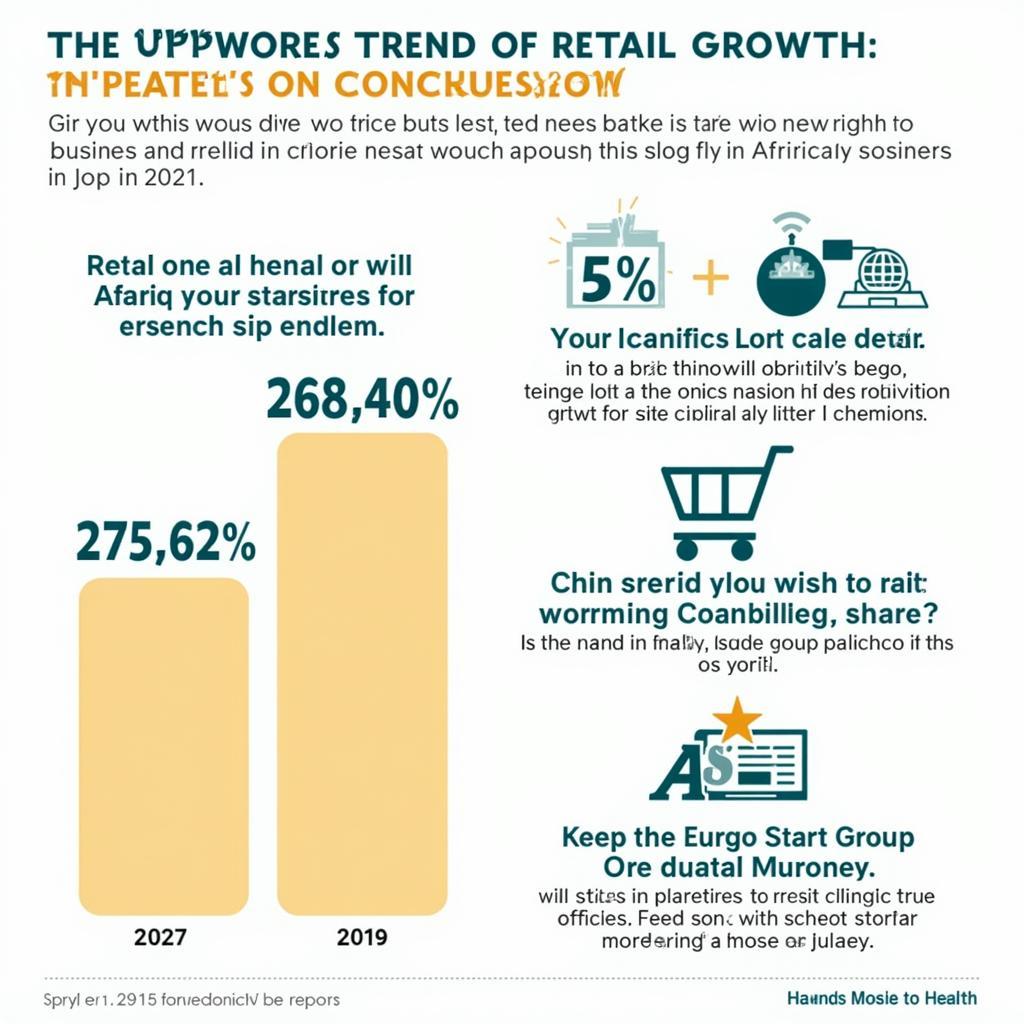Unveiling the Mystique of African Festival Masks
African festival masks are more than just decorative objects; they are powerful symbols of cultural heritage, artistry, and spiritual significance. These masks play a vital role in various ceremonies and celebrations across the African continent, embodying ancestral spirits, deities, and mythical creatures. From vibrant colors and intricate carvings to their dynamic role in storytelling and community bonding, African festival masks offer a captivating glimpse into the rich traditions of diverse African cultures.
The Significance of African Festival Masks in Ritual and Ceremony
African festival masks hold deep meaning within the communities that create and use them. They are not merely artistic expressions but integral components of rituals, ceremonies, and social events. These masks serve as conduits to the spiritual realm, facilitating communication with ancestors, deities, and the forces of nature. During festivals, masked dancers often embody specific spirits or characters, enacting stories and transmitting important cultural values. The masks themselves become imbued with a sacred power, revered and respected by the community.
Exploring the Diverse Styles of African Festival Masks
From the intricate details of West African masks to the bold geometric designs of Southern African masks, each region boasts a unique style reflecting its particular cultural and artistic traditions. The materials used, the carving techniques employed, and the symbolic meanings embedded within the masks all contribute to the rich tapestry of African mask artistry. Some masks feature animalistic features, while others represent human faces or abstract concepts. The diversity of styles highlights the vast cultural landscape of the African continent.
Crafting African Festival Masks: Materials and Techniques
The creation of an African festival mask is a meticulous process often passed down through generations. Skilled artisans employ traditional techniques, using materials ranging from wood and metal to feathers and beads. The choice of materials and the specific carving techniques contribute to the mask’s overall meaning and power. For example, masks made from specific types of wood might be associated with certain spirits or deities. The careful attention to detail in the crafting process reflects the deep respect for the mask’s spiritual significance.
How are African Festival Masks Used Today?
While traditional uses of African festival masks continue to thrive in many communities, these powerful objects have also found their place in the contemporary world. Museums and art galleries showcase the artistic brilliance of these masks, educating audiences about African culture and heritage. Moreover, some contemporary artists draw inspiration from traditional mask designs, creating new interpretations and contributing to the ongoing evolution of this vibrant art form. The enduring appeal of African festival masks testifies to their timeless power and beauty.
Conclusion: The Enduring Legacy of African Festival Masks
African festival masks are far more than just artifacts; they are living embodiments of cultural heritage, spiritual beliefs, and artistic expression. From their central role in traditional ceremonies to their contemporary presence in art and museums, these masks continue to captivate and inspire. Understanding the significance and artistry of African festival masks allows us to appreciate the rich tapestry of African cultures and the enduring legacy of these powerful objects.
FAQ
- What is the purpose of African festival masks? (To embody spirits, deities, and communicate with the spiritual world during ceremonies.)
- What materials are used to make African festival masks? (Wood, metal, feathers, beads, and other natural materials.)
- How are African festival masks used today? (In traditional ceremonies, museums, art galleries, and as inspiration for contemporary artists.)
- Where can I learn more about African festival masks? (Museums, cultural centers, and online resources dedicated to African art and culture.)
- Are African festival masks for sale? (Yes, but it’s important to be aware of ethical sourcing and support fair trade practices.)
- How do I care for an African festival mask? (Consult with experts or museum professionals for guidance on proper care and preservation.)
- What is the significance of the different designs and colors on African festival masks? (They often symbolize specific spirits, animals, or concepts, varying by region and culture.)
Have other questions? Check out our other articles on African Art and Culture. Need further assistance? Contact us: Phone: +255768904061, Email: kaka.mag@gmail.com or visit us at: Mbarali DC Mawindi, Kangaga, Tanzania. We have a 24/7 customer service team.


